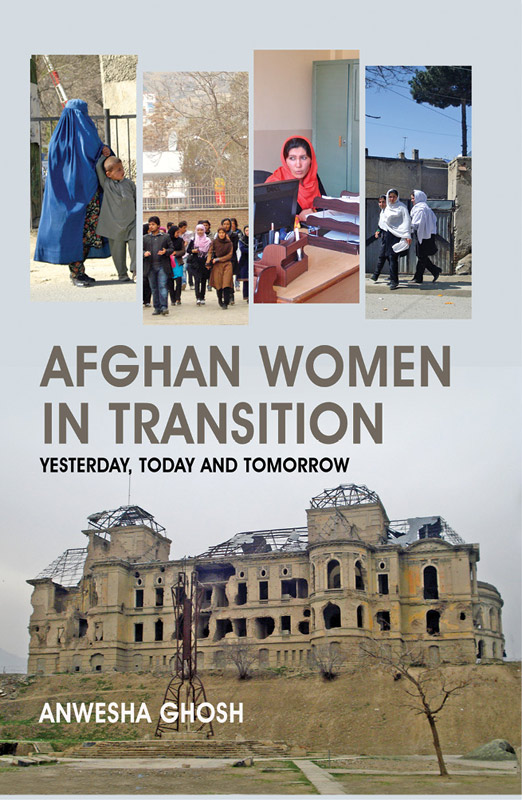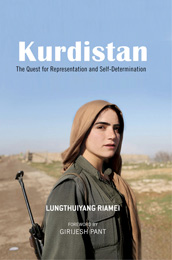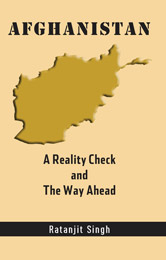Subjects
Recent View(s)
- Searching for Non-Western Roots of Conflict Resolution Discourses, Norms, and Case Studies
- Perspectives on Turkey’s Multi-Regional Role in the 21st Century
- Afghan Women in Transition: Yesterday, Today and Tomorrow
- India-China Border Trade: A Case Study of Sikkim’s Nathu La
- Peace, Development and Community The Look East Imagination of India with Special Reference to Northeast India
- BOSE YA GANDHI: Kisne Dilayi Bharat Ko Azadi
- Visit of Subhas Chandra Bose to Poland in July 1933. New documents. New Conclusions
- India and Africa: The Road Ahead
- India-Sri lanka Relations: Is it Time for Reorientation of Policy?
- India-China Rivalry: Asymmetric No Longer An Assessment of China’s Evolving Perceptions of India
Afghan Women in Transition: Yesterday, Today and Tomorrow
Anwesha Ghosh
The Government of Afghanistan specified gender equality to be one of the most important cross cutting themes in Afghanistan National Development Strategy (ANDS) 2008-2013, by committing to measurable improvement in women’s economic opportunities and access to and control over productive assets and income. That was undoubtedly a remarkable progress considering, Afghan women were denoted as the “vanished gender” during Taliban period, indicating the plight of this oppressed and deprived section of Afghan society. The developments of the past decades have impacted all possible spheres of Afghan existence, specifically gender. After more than fifteen years of international intervention, it can be said that, Afghanistan has gone through another few years of upheaval, which has produced a mixed situation of progress and regress. This book seeks to explore the plight of Afghan women during their country’s turbulences across a broad spectrum of almost a century – how they have sought to protect themselves and tried to improve their situation in the course of that socio-political turmoil. In order to understand how the changes, achievements and challenges of women have altered overtime, attempts have been made through this study to review the position enjoyed by women in the remote past (Yesterday), starting from the monarchies up to the present generation of women (Today) and also what sort of challenges and obstacles the future generations of women are likely to face in Afghanistan in the days after the complete withdrawal of International Forces (Tomorrow). An important aim has been to understand the correlation between conflict, poverty, economic deprivation with gender issues in Afghanistan. In the last few years, women used different initiatives to make alliances at various levels of the society to achieve their goals and defend their gains which will also be reviewed before posing the fundamental questions: Has there been any significant change in the plight of Afghan women? Was there any genuine attempt to hear their voices in various spheres of personal and public life? Does women’s right exist mostly on paper in Afghanistan? Can the women ever become a powerful force and an important resource in Afghanistan’s future?


 Political Science
Political Science


